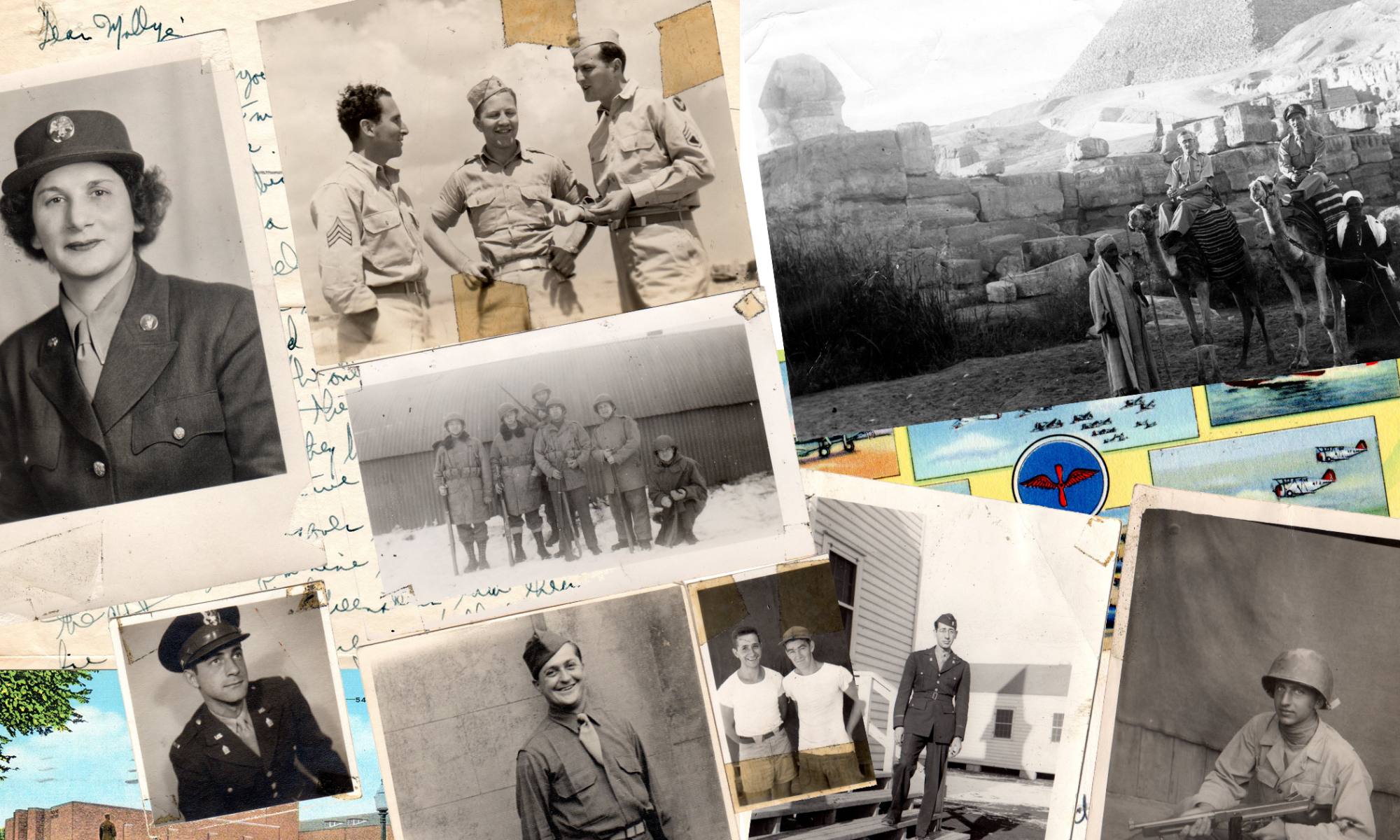On January 6, 1975 the Jewish Historical Society of Delaware was incorporated. But before there was a Jewish Historical Society of Delaware, there were historians of the Jewish community of Delaware and we all owe them a tremendous debt of gratitude. Emile Topkis name did not appear on the certificate of incorporation, but his work certainly became a cornerstone of our collection. As this article by Bill Frank, which appeared in the Jewish Voice on March 22, 1975, illustrates, Topkis’ curiosity, dedication and perseverance inspired others who have made the Jewish Historical Society of Delaware a vibrant and valuable institution in the community.
A Tribute to Amateur Historian Emile Topkis
BY WILLIAM P. FRANK
If there is ever to be established in Delaware a Jewish Hall of Fame. I’d nominate Emile V. Topkis right off the bat.
And why? Because he, more than anyone else I know in the Jewish community of Delaware has re-discovered the great and forgotten treasury of Jewish history in our state.
Yes, there have been others who have written histories and research papers but Emile Topkis has excavated from the depths of oblivion a mass of material that would have been lost, maybe forever.
Mr. Topkis is now approaching his 85 birthday and he deserves applause from the community for his most invaluable answers to such questions as, “Who were the first Jews here?” “What did they do?” and “How did they come to form congregations?”
As far as I know, Mr. Topkis didn’t write the great history of Jews in Delaware he must have contemplated but this I do know. Through his quiet, dedicated and persistent way, he pored through hundreds, perhaps thousands of newspapers, and pulled out literally thousands of items about Jewish life and Jewish personalities of Delaware.
But first–something about Emile Topkis for the newcomers to the Jewish world of Delaware.
Mr. Topkis was born in Newark. N.J., the son of David L. and Hannah Ray Topkis. on Nov. 14, 1890. He was graduated from the old Wilmington High School in 1909 when “Pop” Berlin was principal. Later, Mr. Topkis studied at the University of Pennsylvania and was admitted to the Delaware bar in 1914.
During World War I he became a second lieutenant in Army ordinance. After the war he practiced law and then went into the building industry.
About 10 years ago. I started to see Mr. Topkis in the Wilmington Public Library, scanning old newspapers. I also saw him quite frequently in the Historical Society of Delaware on Market St., below 6th St.
“Watcha doing?” I asked. “Just looking,” he said with a kind of mysterious smile.
Well, later I found out he was doing more than “just looking.” And then came the time when he opened up. He was digging deep into records and old, musty newspapers for any and all references to Jewish history in Delaware and particularly in Wilmington.
Mr. Topkis was not a trained researcher but he had a basic curiosity and was extremely dedicated to his cause.
Bit by bit he started to amass an amazing amount of information that had been long forgotten. We finally became friendly and I’d meet him for coffee at the Eckerd’s counter at 9th and Orange Sts. and he seemed to be delighted to tell of some new find in an obscure corner of an old newspaper.
What Mr. Topkis was doing was simply this: he was mining for information and was turning up golden nuggets. All of this he scrawled either in pencil or ink on scraps of paper, on the backs of envelopes, on all kinds and sizes of notepaper. He also had started sending out letters to libraries and archives in the U.S. and abroad in search of more and more data about Jewish pioneer residents of Delaware. His research led him far back through the corridors of time–back to the middle of the 17th Century.
In the past year, Rabbi David Geffen of Beth Shalom had begun doing historical research into Jewish history of Delaware. He knew, however, of the rich lode unearthed and treasured by Mr. Topkis. And so a meeting was arranged. After a brief, polite conversation, Mr. Topkis, unfortunately now confined to a wheelchair, said, “Well, let’s get you my boxes.”
He wheeled himself to an enclosed porch and pointed to two boxes on a table and said, “There they are–10 years work.” I suspect there was a tear in his eye, as he handed the boxes over to Rabbi Geffen. Time had just run out on Emile Topkis, but I hope he realized that his efforts had not been in vain.
The material is now safely stored in the rabbi ‘s office and he already is engaged in transcribing that mass of Topkis notes. He is busy reconstructing the story of a group of people who, have been in this a rea since the 1650s. And part of the “bricks and mortar” for the reconstruction was produced by the mild-mannered Emile Topkis.
The newly organized Jewish Historical Society of Delaware is certainly indebted to Emile Topkis. I’ve often wondered what it was that prompted him in his venture. I suppose he was motivated by the ancient Jewish precept that the living are to record the history of their days and tell it to their children.
And as he witnessed the passing of the years, he must have said, “Hey, wait. Not so fast. You of the younger generation, you think you’re making history? Nonsense. There were many others before any of you. They laid the foundations of the Jewish community, of the synagogues and the cheders, the charitable organizations and so forth.”
L’chaim, Emile Topkis. We salute you.

